Observation ·
All Good Things Must Come to an End, but What Does That Have to Do with Summer?
By PhilologosPhilologos says farewell.
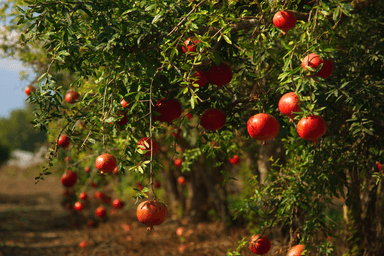
Philologos, the renowned Jewish-language columnist, appeared twice a month in Mosaic from 2015 to 2025.
Observation ·
Philologos says farewell.

Observation ·
The historical roots of Israelis’ favorite political epithet.

Observation ·
Many people are delighted to be told that Israel is doing to the Palestinians of Gaza exactly what the Nazis did to the Jews of Europe.

Observation ·
The problem with history is not that it has no lessons but that the ones it has can be read in opposite ways.
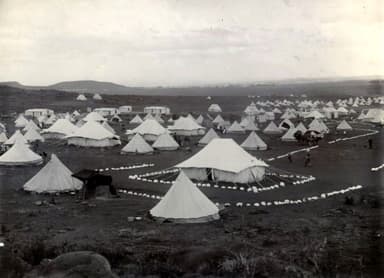
Observation ·
Moses, the muses, and an early-1960s Jewish magazine at Harvard.

Observation ·
Mamad , mamak , mamam , mamats —how about some sleep?

Observation ·
The unusual appellation testifies to the individuality of the character who bears it.
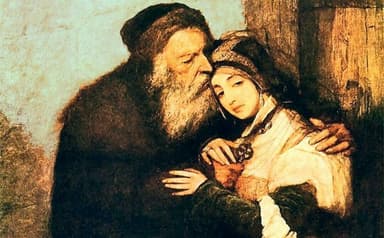
Observation ·
Only one was a mark of prestige for ancient rabbis.

Observation ·
The real network of criminals, secret police, and dissident officers that transformed the Ottoman empire.

Observation ·
Exodus's Sea of Reeds wasn't the Red Sea. But was it the Gulf of Suez? Lake Balah? Somewhere else?

Observation ·
There’s no more point in arguing with the UN about Israel than there is in arguing about whether Jews really kill Christians for their blood.
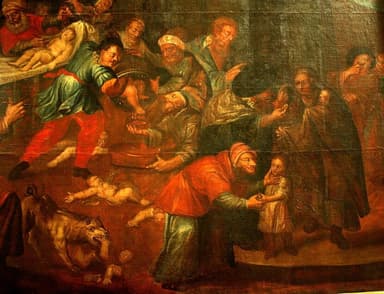
Observation ·
The controversial terms, unlike “West Bank,” were in common use until 1948.

Observation ·
Donald Trump, Paradise Lost , and the origins of a phrase.

Observation ·
Neither Jewish nor Christian traditions call the Decalogue by its biblical name, but the phrases they choose reveal something about their different approaches to divine law.

Observation ·
The question is not whether Zionism was settler colonialism; it’s what sort of settler colonialism it was.

Observation ·
Brought from Arabic via Algerian pirates and Italian merchants, it only acquired its current meaning at the end of the 18th century.
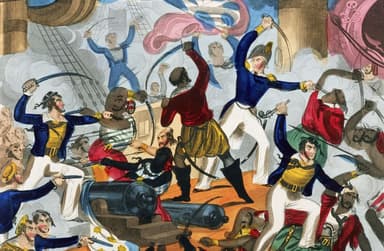
Observation ·
By way of an ancient Roman holiday and two very similar Hebrew letters.

Observation ·
The word was invented in translating the Psalm recited by the Pilgrims.

Observation ·
The incompatible narratives of Judaism and Islam, and what the Bible has to say about them.

Observation ·
The contrast between New Testament forbearance and Hebraic hard-heartedness is an idea that won't die.
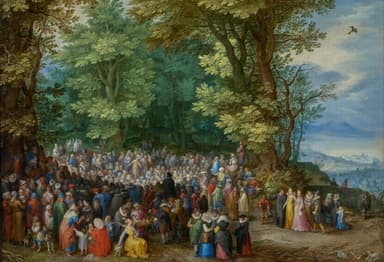
Observation ·
Even as it becomes clear who will emerge victorious.

Observation ·
She comes from the Song of Songs. But what is she doing there?

Observation ·
And one has a historical background that is not unrelated to the plight of the hostages in Gaza.

Observation ·
Americans like the veteran Democratic strategist should not project their problems onto peoples who already have enough of their own.

Observation ·
All nouns and adjectives in Hebrew are gendered. Why do those genders keep switching?

Observation ·
Could "It’s easier to take the Jew out of exile than to take exile out of the Jew" and "You can take the boy out of the country but you can't take the country out of the boy" have shared roots?

Observation ·
I can’t think of a single serious Hebrew composition written by a Christian other than “In Praise of the Hebrew Language.”

Observation ·
Like Ladino, Haketiya grew out of the Spanish of Jews exiled from Spain. Like Yiddish, it has a range of loving, spiteful, sarcastic, ironic, anxious, and superstitious expressions.
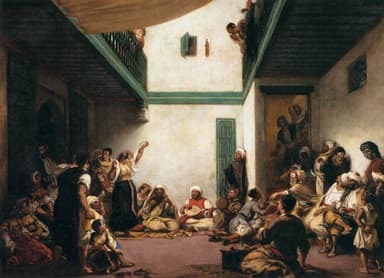
Observation ·
A rivalry between the Jewish numerical and European pagan-astronomical nomenclatures for the seven-day week has played out over millennia across the world.

Observation ·
It was only in the early-to-mid first millennium BCE that both the ancient Babylonians and the ancient Hebrews began dividing their lunar months into seven-day periods.

Unlock the most serious Jewish, Zionist, and American thinking.
Subscribe Now